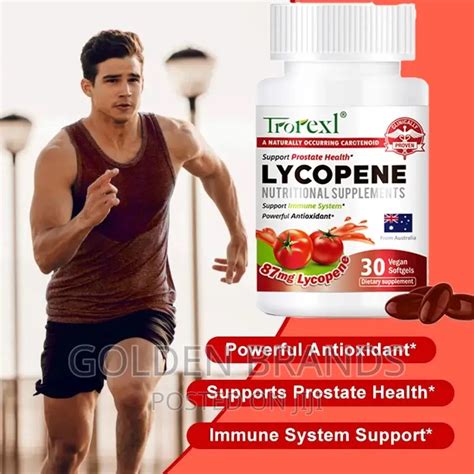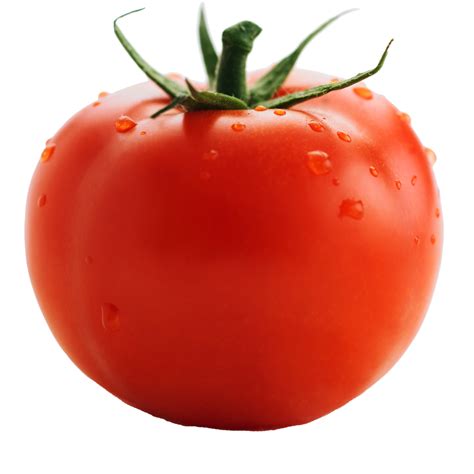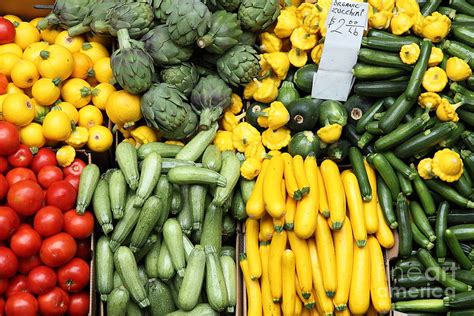What is the optimal dietary intake of lycopene specifically recommended for prostate health in men?

For men concerned about maintaining optimal prostate health, dietary choices play a crucial role. Among the myriad of beneficial compounds found in nature, lycopene, a potent carotenoid, consistently stands out for its potential protective effects on the prostate gland.
Understanding Lycopene: The Red Pigment Powerhouse
Lycopene is a naturally occurring pigment responsible for the red and pink colors in many fruits and vegetables. It’s a powerful antioxidant, meaning it helps protect the body’s cells from damage caused by free radicals, which are unstable molecules linked to chronic diseases, including various cancers and cardiovascular issues. While widely known for its presence in tomatoes, lycopene can also be found in other red-fleshed foods.

The Science Behind Lycopene and Prostate Health
Numerous studies have investigated the link between lycopene intake and prostate health, showing promising results. The primary mechanisms through which lycopene is believed to exert its protective effects include:
- Antioxidant Action: By neutralizing free radicals, lycopene helps reduce oxidative stress, which is implicated in the initiation and progression of prostate issues.
- Anti-inflammatory Properties: Chronic inflammation is a known risk factor for many diseases, including prostate cancer. Lycopene has been shown to possess anti-inflammatory effects that may help reduce this risk.
- Cell Growth Regulation: Some research suggests lycopene may help regulate cell growth and differentiation, potentially inhibiting the proliferation of prostate cancer cells and inducing apoptosis (programmed cell death) in abnormal cells.
- DNA Protection: Its antioxidant capabilities extend to protecting cellular DNA from damage, which is vital for preventing cancerous mutations.

Optimal Dietary Intake: What Do the Studies Suggest?
Despite the compelling evidence, there is no official Recommended Daily Allowance (RDA) for lycopene specifically for prostate health. However, various epidemiological studies and clinical trials have provided insights into potentially beneficial intake levels. Most research suggests that a regular daily intake ranging from 5 mg to 30 mg of lycopene appears to be associated with reduced risk of prostate cancer and improved markers of prostate health.
It’s important to note that these figures are based on consistent dietary consumption rather than sporadic high doses. The benefits are likely cumulative over time.
Food vs. Supplements
While lycopene supplements are available, the consensus among nutrition experts leans towards obtaining lycopene from whole food sources. Foods contain a complex matrix of beneficial compounds that work synergistically, offering greater health benefits than isolated nutrients. Moreover, the bioavailability of lycopene from food sources, especially cooked ones, is often superior to that from supplements.

Maximizing Lycopene Absorption
Not all lycopene is created equal when it comes to absorption. Several factors can significantly enhance its bioavailability:
- Cooking: Heat processing, such as cooking tomatoes into sauces, pastes, or juices, breaks down the cell walls of the plant, releasing lycopene and making it more accessible for absorption in the digestive tract. Cooked tomato products like tomato paste, purees, and sauces often contain higher concentrations of bioavailable lycopene than raw tomatoes.
- Dietary Fats: Lycopene is a fat-soluble compound, meaning it requires dietary fat for optimal absorption. Consuming lycopene-rich foods with a source of healthy fats (e.g., olive oil, avocado, nuts) can significantly improve its uptake.

Top Dietary Sources of Lycopene
To achieve a beneficial intake of lycopene, focus on incorporating these foods into your diet regularly:
- Tomatoes and Tomato Products: This is by far the richest source. Tomato paste, sun-dried tomatoes, tomato sauce, and tomato juice are excellent options. A half-cup serving of tomato paste can contain over 25 mg of lycopene, while a medium raw tomato might have around 3 mg.
- Watermelon: A cup of watermelon can provide 9-13 mg of lycopene.
- Pink Grapefruit: Half a pink grapefruit offers about 2-3 mg.
- Guava: One guava fruit can contain over 5 mg.
- Papaya: A cup of papaya typically provides 2-3 mg.
- Red Carrots: Some varieties of red carrots are also good sources.
Conclusion
While there’s no single magic number, aiming for a consistent daily intake of lycopene in the range of 5-30 mg, predominantly from cooked tomato products consumed with a source of healthy fats, appears to be a prudent strategy for supporting prostate health in men. Integrating a variety of lycopene-rich fruits and vegetables into a balanced diet is a delicious and effective way to harness the protective power of this remarkable antioxidant.









